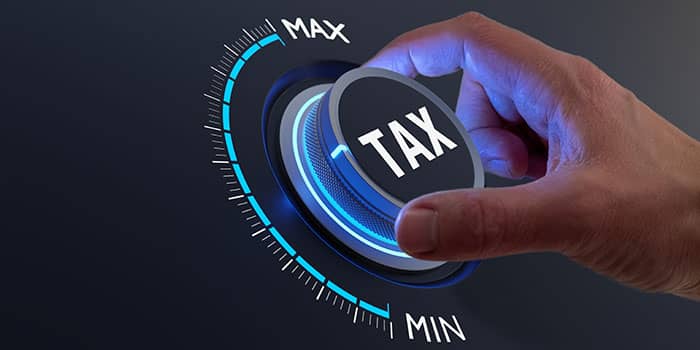Michigan’s Senate Bills 1193 and 1194 have failed to progress in 2024, meaning that the state’s gambling tax framework will remain unchanged, at least for now. The measures in question sought slight tax increases that would have generated extra funds for a variety of causes.
SB 1193 Sought to Increase the Taxes Slightly
The two bills were introduced by Senators Sam Singh and Jeremy Moss who hoped to introduce changes not only to how gambling is taxed but to the way the tax money is used too.
The proposals would have increased the sports betting tax by 0.1% to 8.5%, a change that would have been unlikely to dramatically impact gambling companies.
Per the measures, the online casino gaming tax would have also been increased. For context, Michigan bases this tax on operators’ performance. Depending on their annual revenues, iGaming operators currently have to pay the following rates:
Operators with annual revenues of less than $4 million – 20%
Operators with annual revenues of $4-8 million – 22%
Operators with annual revenues of $8-10 million – 24%
Operators with annual revenues of $10-12 million – 26%
Operators with annual revenues of $12 million or more – 28%
SB 1193 would have increased the tax rate of each of the five tiers by a single percent.
SB 1194 Would Have Reallocated the Tax Money
In the meantime, SB 1194 sought to change how the tax money is allocated. Currently, 65% of the taxes go to the Internet Gaming Fund, 30% are provided to services in Detroit, and 5% is supplied to the agriculture equine industry development fund.
The change outlined in SB 1194 would have instead reduced the money received by the Internet Gaming Fund to 63.5% of the tax proceeds, while Detroit services and the Michigan agriculture equine industry would have gotten 31% and 5.5%, respectively.
The Measures Will Not Carry Over into 2025
While the measures were very modest compared to tax hikes in other states, they weren’t sufficiently popular and failed to gain enough traction. Because of that, the proposals will not carry over into 2025.
However, the measures’ backers would still be able to reintroduce them, if they wish so.
In any case, at least for now, Michigan will retain its status as one of the friendliest states in terms of gambling taxes. In addition to the low rates, the state allows sportsbooks and to deduct promotional spending from their taxable revenue, making it a very safe state for operators to offer their products.
Michigan Warned about Scams
A month ago, the Michigan Lottery cautioned the public about potential scams, warning that the attempts to defraud people are likely to spike during the holidays.
Among other things, the lottery reminded players that they cannot win prizes unless they have purchased a ticket. It also emphasized that the procedure when claiming prizes is completely free and anyone who has won a prize and that the only requirement is to show a winning ticket.





GIPHY App Key not set. Please check settings